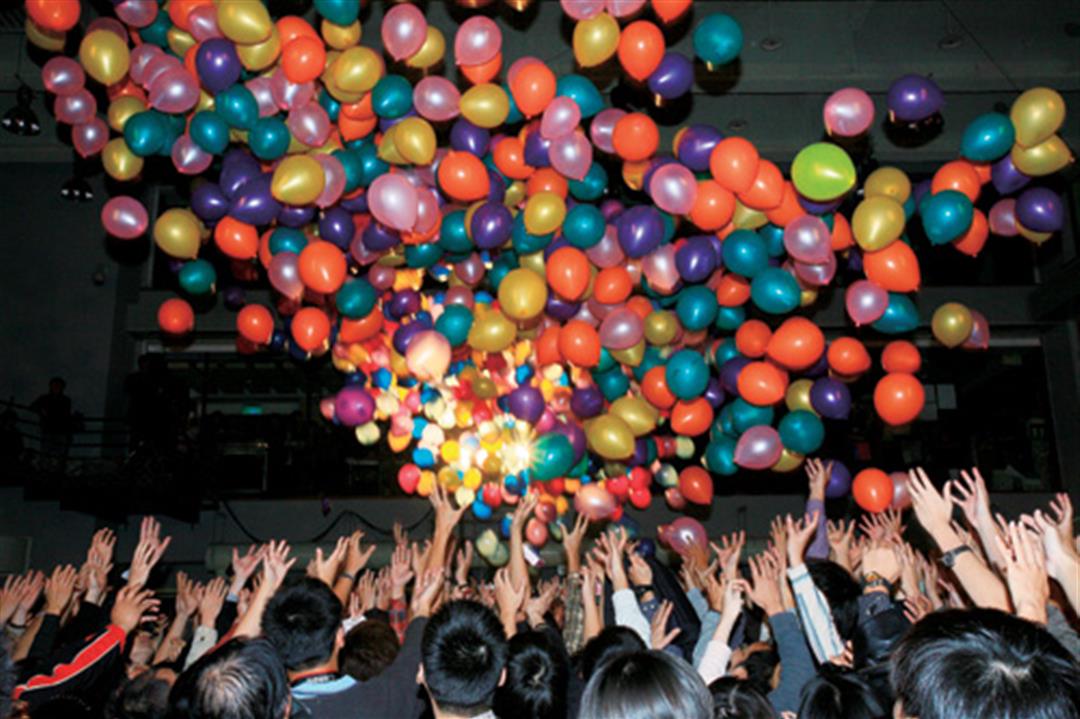Ten months down the drain
It cost Bros roughly NT$80 million to bring the Dodgers to Taiwan for three games, plus an additional NT$50 million for insurance for the players, associated personnel costs, and other expenses. Though the other two games went off without a hitch, the lost ticket sales and sponsorship moneys for the cancelled game left Bros with a NT$50 million loss.
The games weren't Bros' first international sporting events. In 2009, the company brought an NBA game to Taiwan for the first time ever.
Organizing such an event involves managing thousands of details and making constant adjustments. Most people assume that Chang, an athletic 183-centimeter-tall man who loves sports, has little depth, but that large body has a sensitive side.
In the early morning hours following the finish of the first NBA game in Taipei, Bros employees cleaned up the venue before heading off to a celebratory banquet. Chang watched the crowds leaving the Taipei Arena, then wandered over to a nearby convenience store, picked up a six-pack of beer, and sat down on the ground to enjoy it. As emotions coursed through him, he found himself thinking of a line from a song: "Applause rises from amidst the cheers / Tears flow across a smiling face." He remembered childhood dreams, the fears and difficulties associated with staging the game, all of it running through his mind, the emotions lingering.
To understand how Bros got to this point, you have to look back 10 years to its beginnings, when Chang and business partner Mosy Hu were organizing corporate events. Not yet 40, the two men have guided Bros from humble beginnings to its present position as a heavyweight organizer of international sporting events.
Though both men grew up in a Tao-yuan military-dependents community, they couldn't be more dissimilar. Chang is tall and strong, speaks loudly, feels a little rough around the edges, and is a diehard basketball fan. Hu is shorter, was nicknamed Dumbo (after the flying elephant), and loves baseball. Classmates at Ta Hua Junior College, they didn't much like each other at first. But, drawn together by their love of sports, they became friends and went into business together once they'd graduated college and completed their military service.

Balloons filled with prizes descend from above, the excitement building as partygoers wonder where they will alight. Pegatron's Christmas party was planned entirely by Bros.